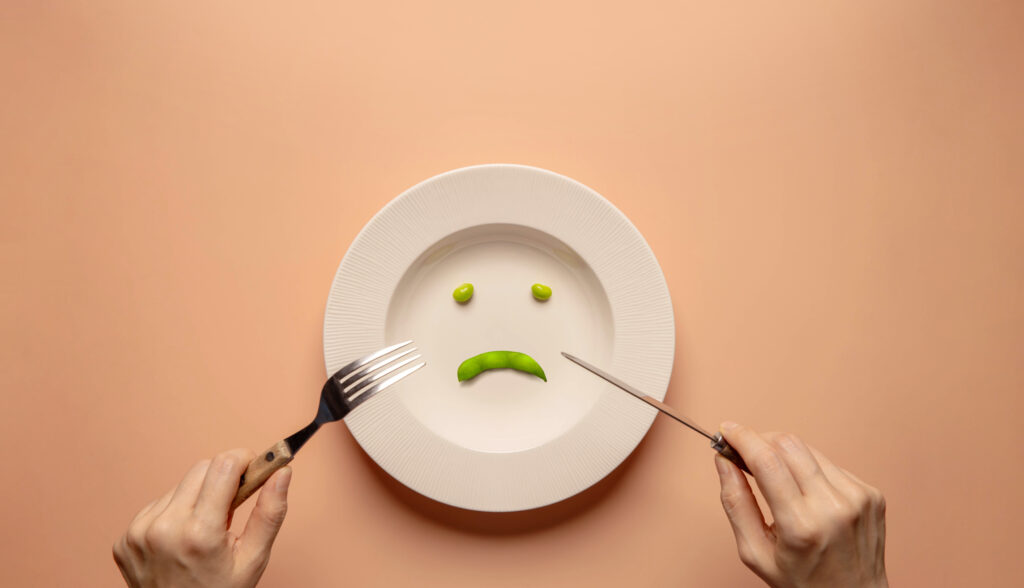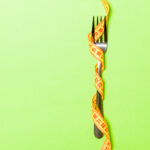A Guide to Eating Disorders and Where to Get Support

Eating disorders are complicated mental health conditions that can affect anyone, regardless of age, gender, or background. Find out more about them, spot the symptoms and know where to get help.
You’ll often see comments about people’s bodies in the media and on social media, sometimes positive, often negative. That kind of attention can have an effect on some people and the way they view their bodies, and it can sometimes lead to eating disorders.
What are eating disorders?
Have you ever stood in front of the mirror and felt like it was judging you? This can be a daily struggle for someone with an eating disorder. The mirror can be your harshest critic, highlighting every flaw you think you have and making you feel like you’re not good enough.
For some, every meal can be a challenge. It can be a mental game with rules and guilt. It’s hard to enjoy your food when you constantly fear gaining weight.
Having an eating disorder is not a choice. It’s not about being vain, not even about food, it’s physical, emotional, and psychological. Usually, eating disorders are about control and wanting to be what’s thought of as “perfect”.
Common eating disorders
The three most common types of eating disorders are:
Anorexia Nervosa: Fear of gaining weight, which leads to restricting the food you eat and becoming super skinny.
Bulimia Nervosa: Binge eating and then doing things like vomiting or extreme workouts.
Binge Eating Disorder: Eating lots of food quickly and feeling out of control.
Signs and Symptoms
How do you know if you or someone you care about might be dealing with an eating disorder?
Look out for these signs:
- Noticeable weight changes
- Constantly thinking about food, weight, or how you look
- Changes in eating habits like tiny portions or skipping meals
- Often going to the toilet after eating
- Overdoing it when exercising
- Withdrawing from friends and activities
- Feeling dizzy and tired
- Noticing physical changes like brittle nails
Getting help
If you or someone you know is struggling with an eating disorder, it’s important to seek help and remember that you’re not alone. Recovery is a journey, and it’s okay to ask for help.
Visit the Beat website for information and support.
Contact a healthcare professional like your GP or a trusted adult to discuss your concerns. You might be signposted to a specialist who has more knowledge and can offer you better support. Once you’re accessing support, you can explore treatment options, which usually include a combination of medical, nutritional, and therapeutic support.
Head over to our Self-image and Self-esteem page for further info, links and blogs.
If you want to talk confidentially about anything that’s worrying you, you can talk to Meic. Meic is a helpline for children and young people in Wales, open daily from 8am to midnight. You can contact a trained and friendly advisor for free by phone (080 880 23456) or online chat.























